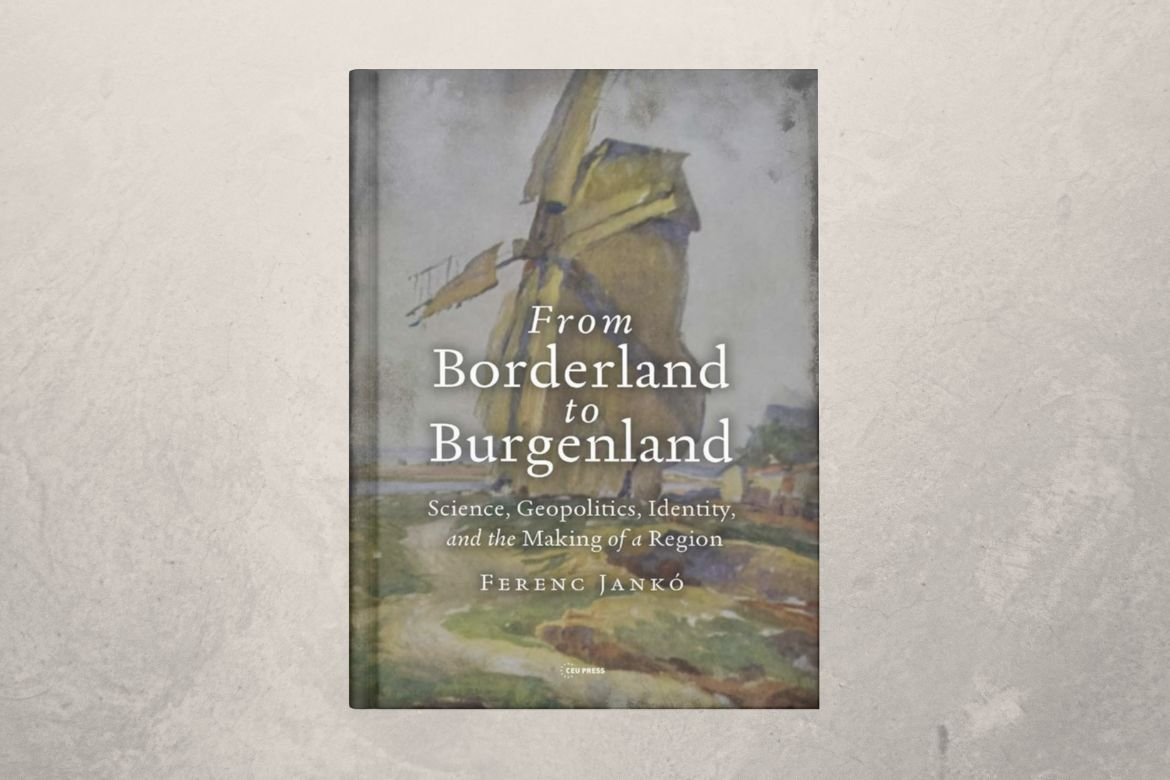
The book From Borderland to Burgenland. Science, Geopolitics, Identity, and the Making of a Region by Ferenc Jankó, geographer and member of the Ten Generations Research Group was published by CEU Press.
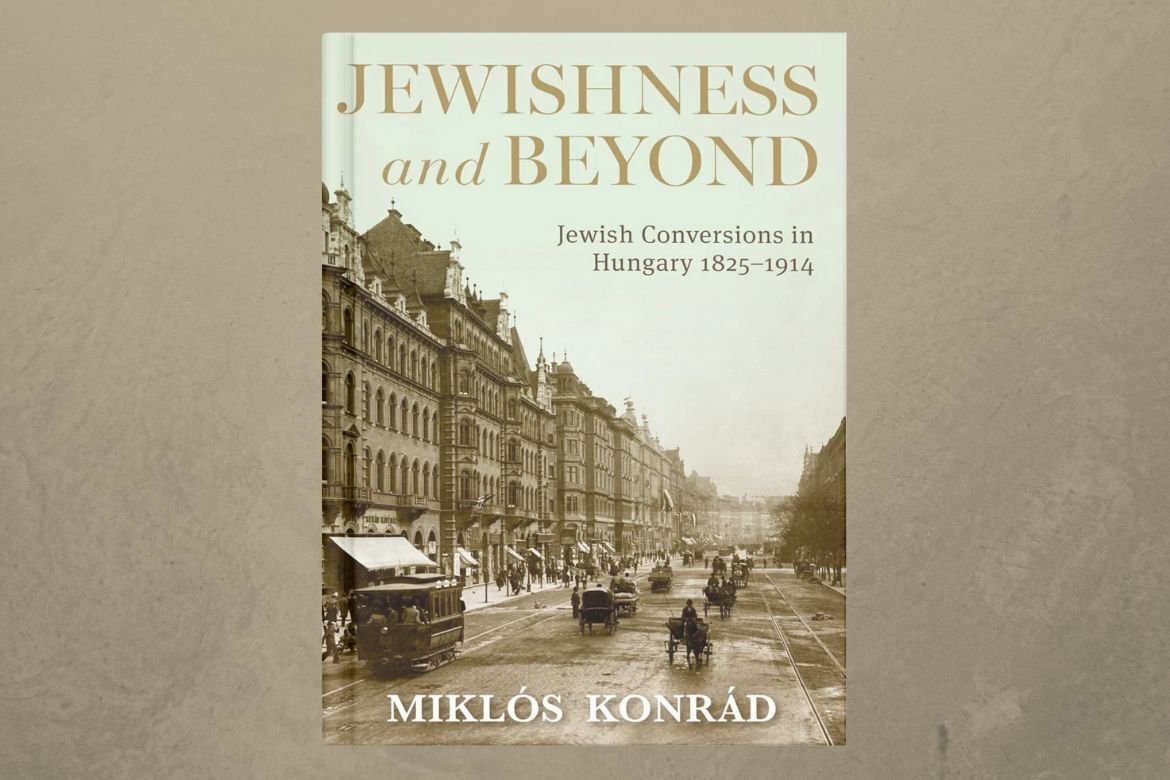
The monograph Jewishness and Beyond. Jewish Conversions in Hungary 1825-1914 by Miklós Konrád, Senior Research Fellow of the Institute of History of the Research Centre for the Humanities, has been published by Indiana University Press.
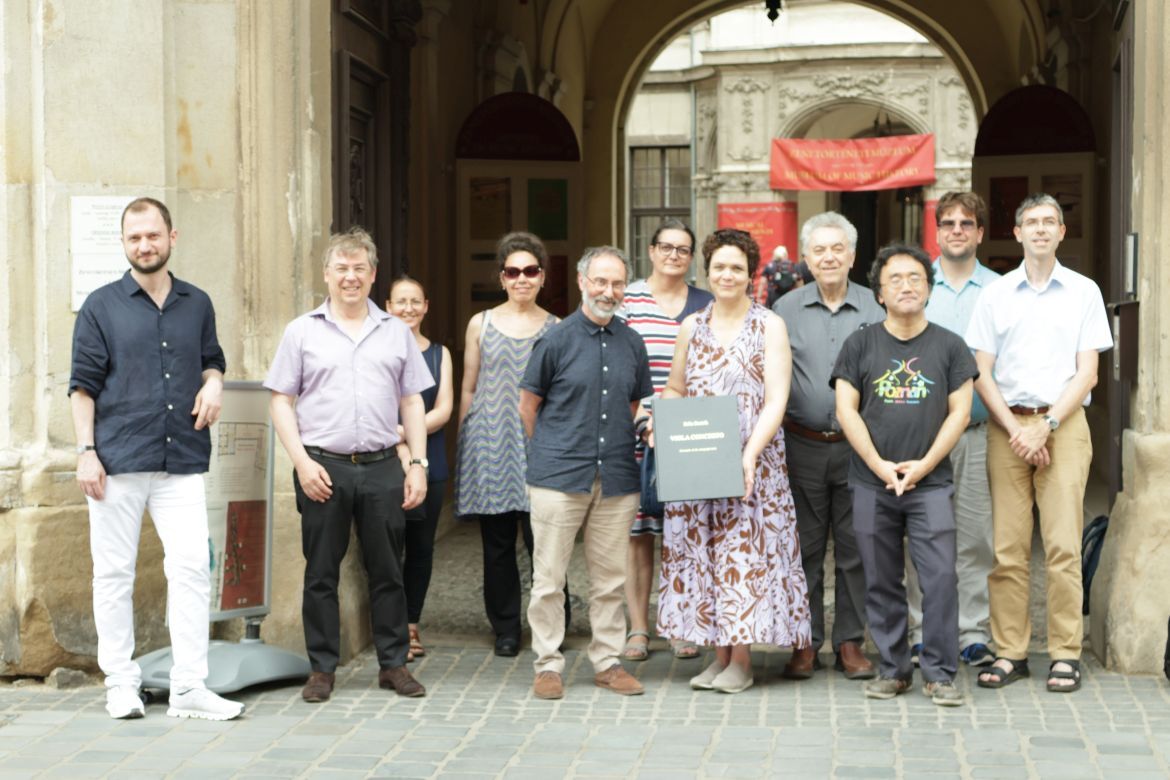
The Bartók Archive of the Institute for Musicology of the HUN-REN RCH, in cooperation with G. Henle Verlag and Editio Musica Budapest, organised an international conference in English on 22 July 2024 on Béla Bartók's fragmentary Viola Concerto.
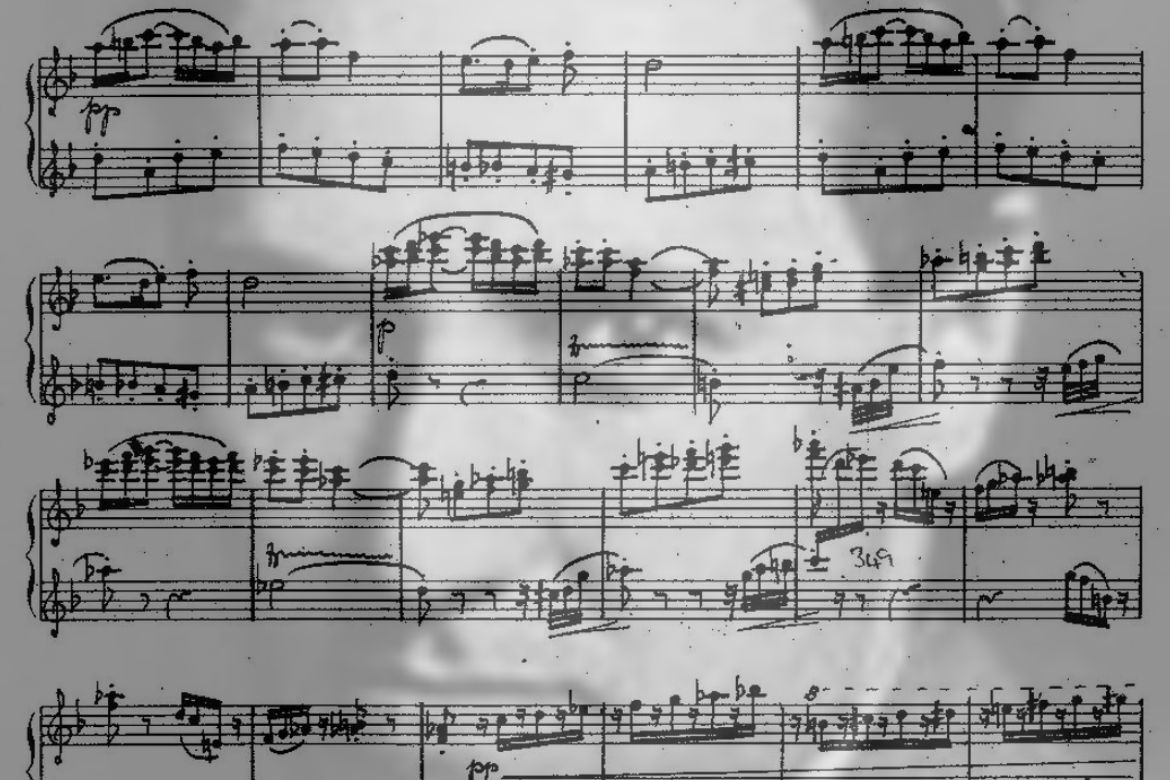
A lost composition by Leó Weiner (1885‒1960), the world-famous Hungarian composer and music pedagogue, has been discovered in the estate of pianist Marianne Adler (1890‒1966). The manuscript collection from the bequest was purchased by Brian Lamb, a British pianist‒organist, and art collector, based in the Netherlands, at an online auction at Darabanth Auction House in Budapest in February 2024.
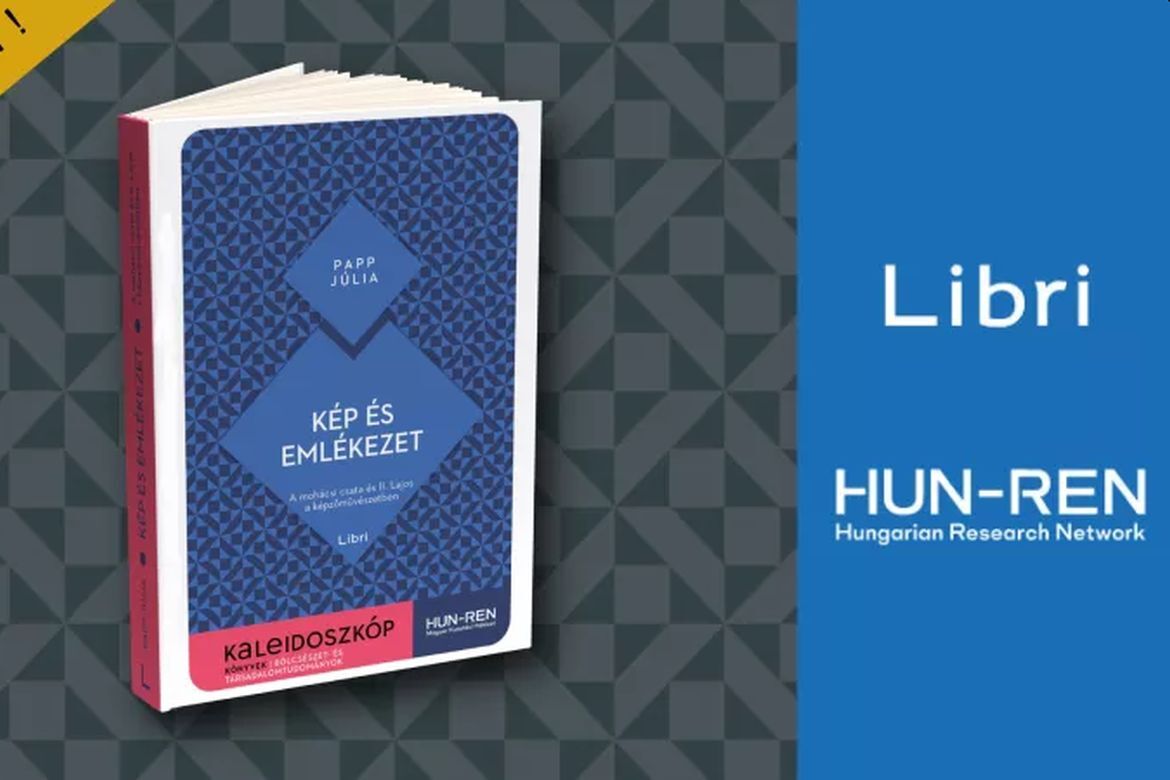
The new volume of the popular science pocketbook series titled ’Kaleidoscope Books’, launched in 2022 in collaboration between the HUN-REN Hungarian Research Network, Libri Publishing, and the Hungarian Culture Foundation, is now available in Libri bookstores and on the libri.hu webshop.
Page 5 of 22